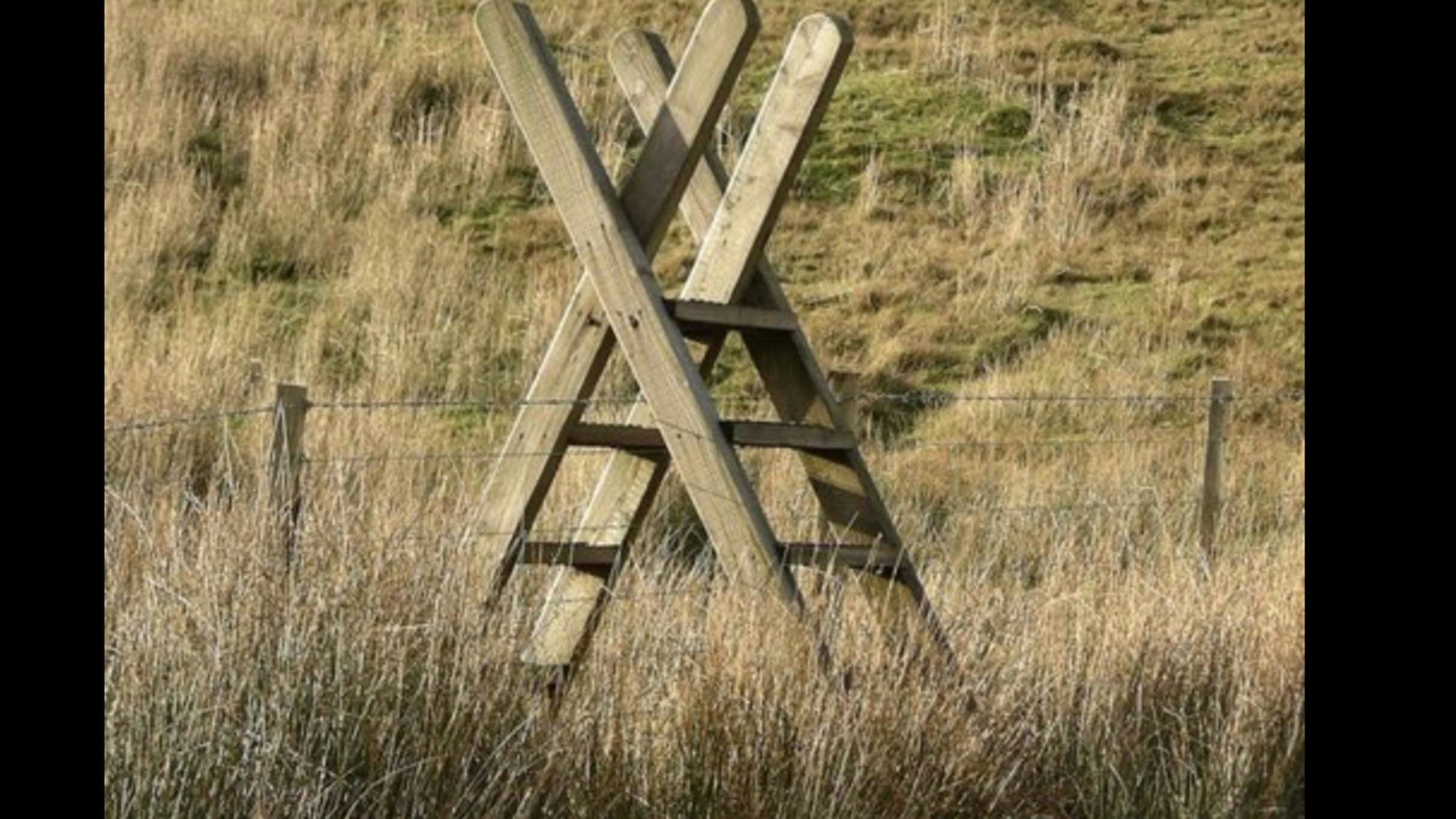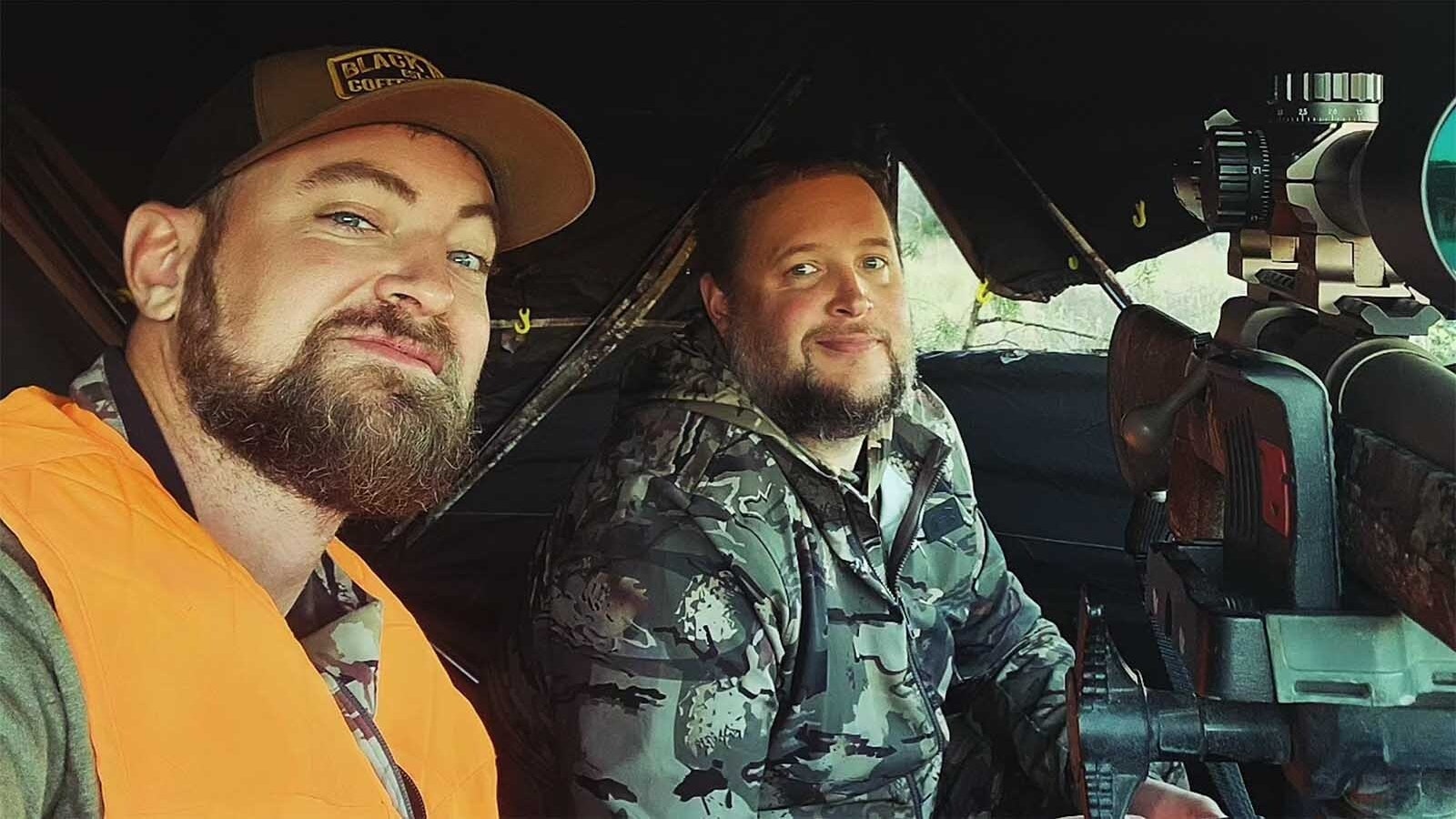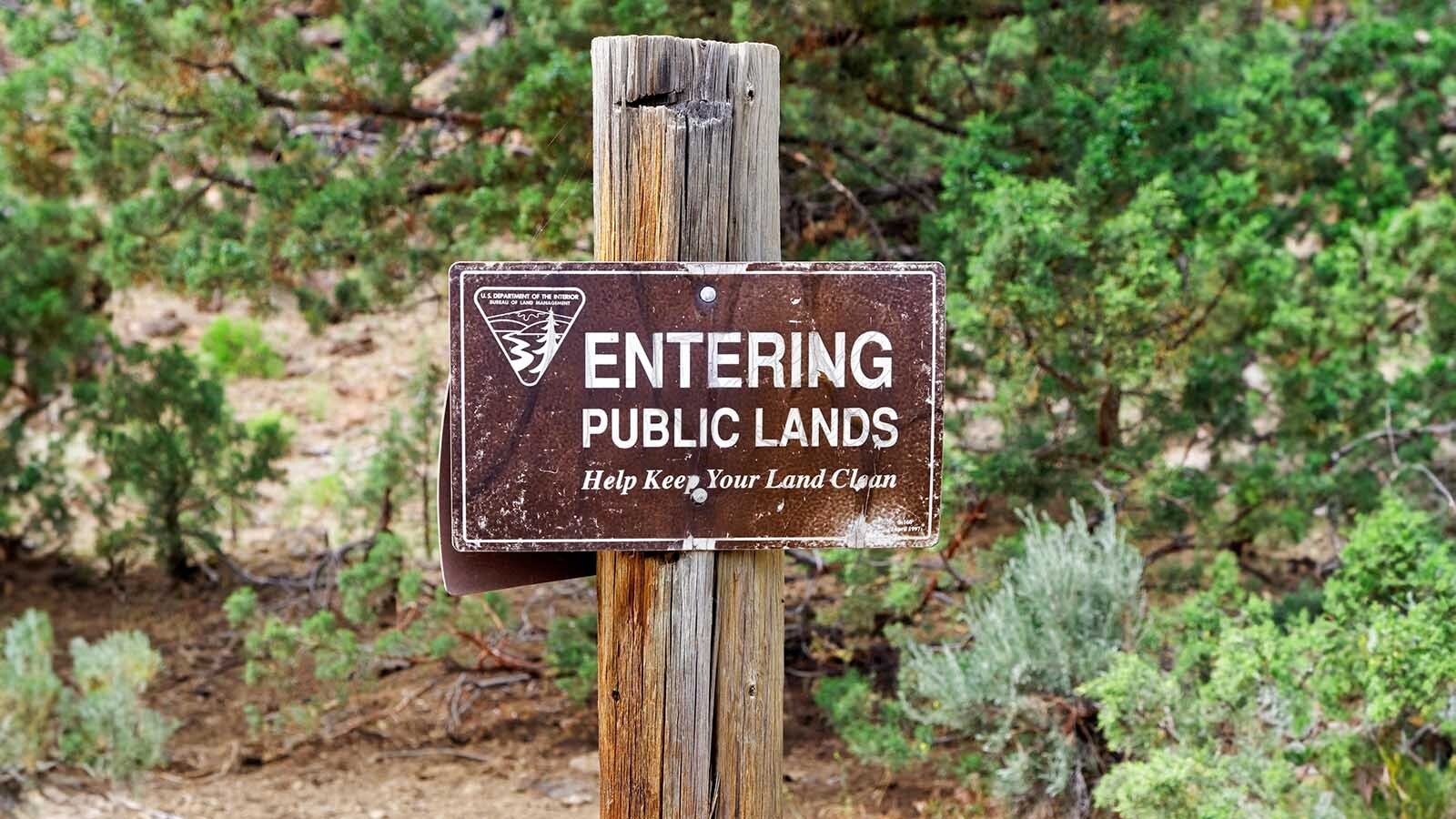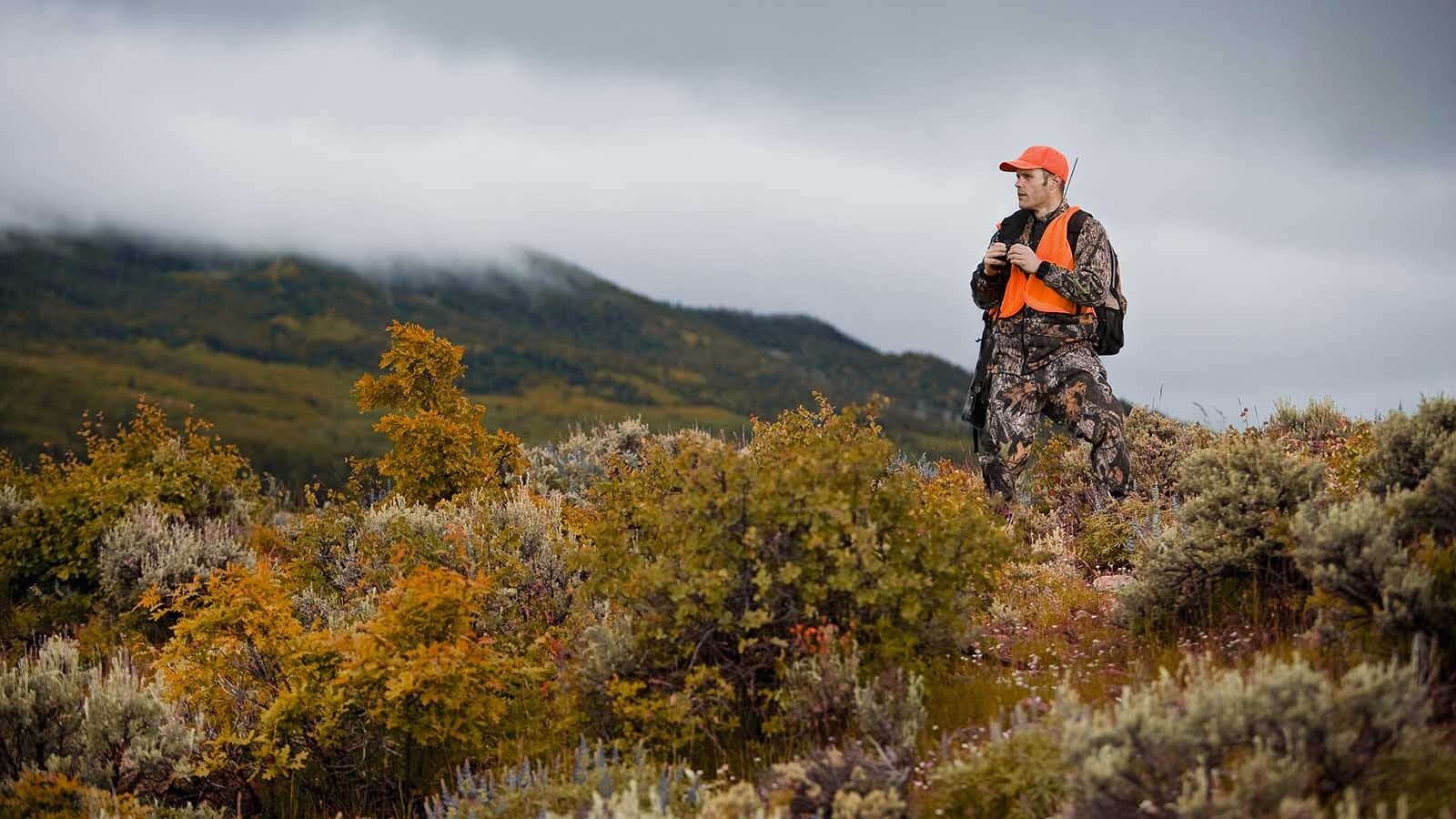The major players in Wyoming’s hunting culture aren’t happy with each other.
“I don’t know if it’s those on the fringes, those who are abusive, those who make the most noise, but there does seem to be a great animosity among resident hunters toward landowners” that spills over into resentment toward outfitters, Joe Schaffer said Friday.
He was speaking as a member of the Wyoming Wildlife Task Force during a meeting the group held via Zoom because nasty winter weather had shut down a planned in-person meeting in Casper.
Task force member Adam Teton agreed that perceptions, accurate or not, can cause hard feelings in Wyoming when it comes to land access, big game tag prices and other matters related to hunting.
There’s perceived concern over “how quickly the voice of the general public was dismissed in favor of the landowner or the outfitter” in the task force’s dealings, he said.
The Gripes
Landowners have their own gripes and bad impressions, said task force member Sen. Ogden Driskill, R-Devils Tower. He’s also a landowner.
“We have had gates torn down, fences cut and people trespassing to come kill deer,” he said. “A lot of it (negativity toward hunters) comes from flat-out experience, and it’s painful.”
Speaking during public comments, Wyoming resident hunter Wyatt Wittkop answered earlier queries regarding why in the task force’s online comment section, resident hunters seemed upset over policy change proposals that would primarily affect non-residents.
“Because of altruism, looking out for someone else,” he said. “If you offered me a lollipop, but the consequences for accepting it were a kick to the nuts for my neighbor, I’d decline that lollipop.”
The Players
The Wildlife Task Force includes a mix of hunters, outfitters, legislators and landowners. The body has no power to set or change policy. Instead, it is charged with making recommendations to the Legislature and Wyoming Wildlife Commission. The commission sets policy for the Wyoming Game and Fish Department.
Friday’s conference was the task force’s second-to-last meeting of the year. Its final meeting is scheduled for Dec. 14 at Game and Fish headquarters in Cheyenne. Gov. Mark Gordon is expected to attend.
Communication, Civility
Task Force Co-Chairman Rusty Bell, a Campbell County taxidermist, said he was discouraged by the enraged tone and profanity in some of the online comments.
“I think you can put in public comment without using the F-word,” he said. “Sometimes when I see that, I don’t even read the comment.”
Speaking to the perception that outfitters cater only to wealthy clients who make hunting a “rich man’s game,” outfitter and task force member Duaine Hagen said that’s not the case.
And giving those non-residents opportunity to draw hunting tags doesn’t hurt Wyoming’s hunting culture, it helps, he said.
“I’ve had a lot of hunters who were not wealthy,” he said. “They were middle-income or maybe upper-middle income people. They would love to come to Wyoming to hunt, but it was difficult for them to draw tags.”
Get Over It
Teten said all parties need to get past preconceived notions and talk.
“I think that there’s room to grow that relationship,” he said. “We need to work together for the good of the resource. But it truly is going to mean taking a good, hard look in the mirror for both the hunting community and the agricultural landowning community.”
While agriculture’s economic contribution to Wyoming is relatively small, it’s a “cultural juggernaut” and a huge part of the state’s identity, he said.
Driskill pointed out that farms and ranches frequently provide vital “core habitat” for Wyoming’s big game species, often at the cost of hay and other crops those animals eat on private land.
He also agreed that the lines of communication must stay open.
“I’m one of those landowners who will sit down in the coffee shop with you,” he said. “We still take 100-plus hunters onto our land to kill deer.”





